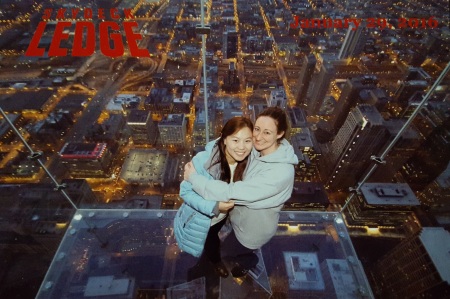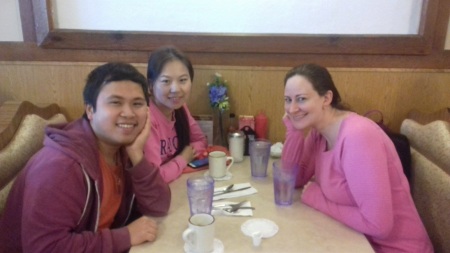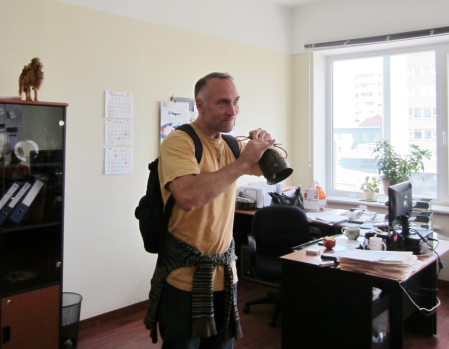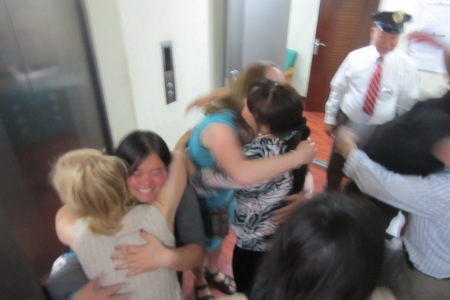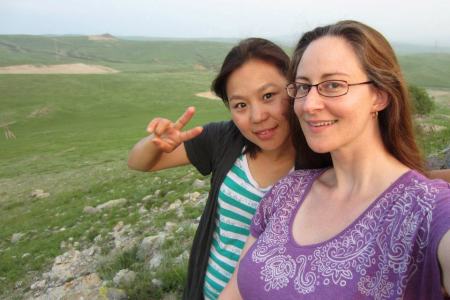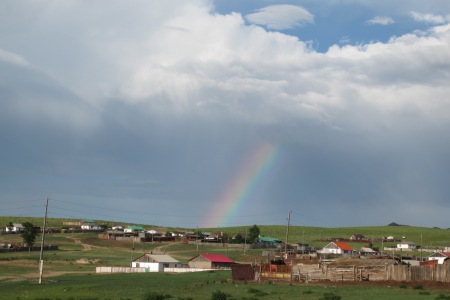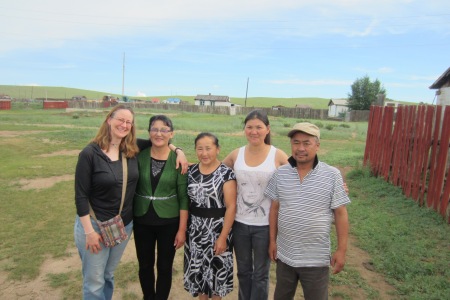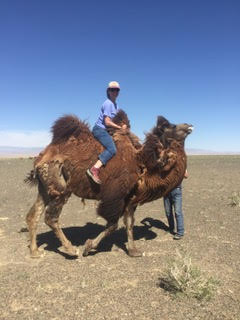
Me on a camel!
“To Mongolia with Love,” literally. Got to travel w/my cousin Love Lee Nickerson from 5/12-5/25/18 to Mongolia. She’d served in the Peace Corps there from 2012-2014 and this was her 1st visit back.
What an experience! What an adventure! From riding a camel to learning the proper way to squat when taking care of business out in nature, I embraced it all. The blue skies, the magnificent mountains, the vast landscape, it was all breathtaking and very scenic. The herds of goats, sheep, cows, horses, camels, etc., made me feel like I was in the middle of a National Geographic photo shoot, especially when visiting those living in yurts (or gers as they call them) in vast, open spaces they refer to as the “countryside.”
As a vegetarian, I went expecting to eat meat since it’s a big part of daily life there and I not only ate it all, I enjoyed it! Sheep tongue, goat liver, beef, mutton, pork, etc., I honestly liked it.
We spent time in 3 places: Ulaanbaatar or “UB” (the capital), Govi Altai and OPXOH (pronounced “Orhon”). In all 3, there were people who remembered my cousin from her time in the Peace Corps and they went out of their way to feed, house, chaperone, drive, entertain and just help us in any way possible that they could and that we needed or just wanted. People love Love.
Two things I learned very quickly: 1. Always have tp (toilet paper) in your pockets, and 2. Always have water boiling when you can. The tp is so that you’re ready and prepared, whether it’s on a 20-hr bus ride, an outhouse or even an inside bathroom, you just never know when or if you’ll need your own supply so always have it on you! BTW, when the bus stops for the bathroom break, men go to one side of the bus, women to the other and there you go. The boiling water is because you can’t drink the tap water and when you go out, you don’t want to always be buying bottled water, plus sometimes there just isn’t any around you for you to buy so you boil it when you can. Everyone has electric tea kettles and you get in the habit of constantly using it when you’re inside, to have water on hand to fill your water bottles and have drinking water available.
The gravity sink I used in the host family’s house, where my cousin Love had stayed for her 1st 10 weeks in the Peace Corps, and it was actually pretty cool. The green plastic container has water in it. They don’t have running water in the house so after using the outhouse, you’d come in the house, use the handsoap, push up on the white plastic “straw” connected to the green container which would let a little water out. You’d rub your hands together to lather up and then push up on the straw once or twice to rinse. The dirty water went down the sink and underneath into a pail. When the pail was full you opened the cupboard and took the pail outside to a designated spot to dump the dirty water.
We didn’t get to sleep overnight in a ger (yurt) but we did get to visit 6 of them, all unique in their own ways. Some were bigger than others and instead of feet to tell how big it was, it was the number of walls. The smallest one we were in was 4 walls big and the largest one was 6 walls big. We slept in various places: a hotel, a hostel (had it all to ourselves that night and that particular apt in the hostel slept 16!), Love’s host family’s place, the 1-room studio apt Love had when she was in the Peace Corps there, the host Mom’s cousin’s house and a current Peace Corps volunteer’s apt who was in the states for a wedding at the time we were there.
My cousin Love was pleasantly surprised that she remembered as much Mongolian as she did. She even taught an English class for about ½ hour to 11 & 12 year olds. The kids loved it, and her. Some remembered her from four years ago! They meet every week for English lessons and it was fun to see them interacting with her.
I could go on but I will end with some pictures from the trip. Enjoy!
~Priscilla Anne Arsenault

Why Mongolia is known as “The land of blue sky”
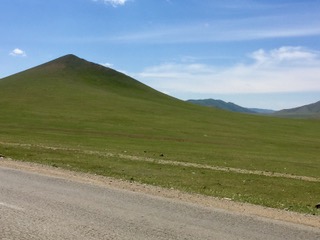
The countryside
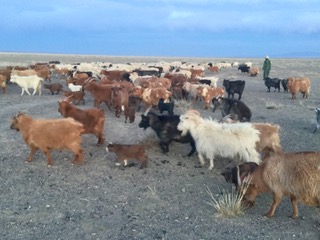
before…
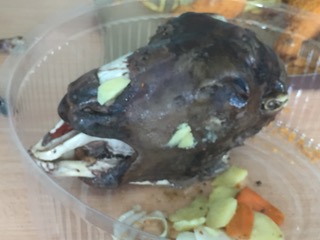
…and after.
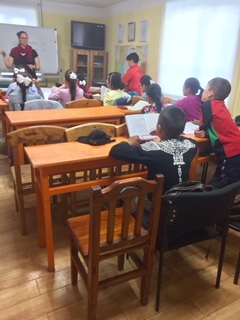
Love teaching
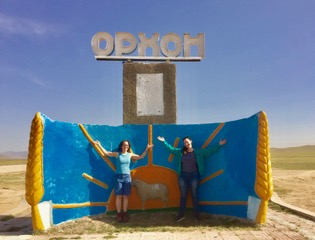
Town marker for Love’s training site
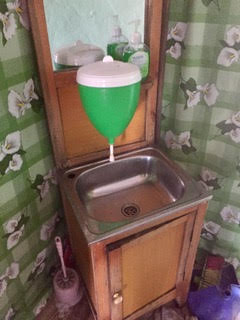
gravity sink
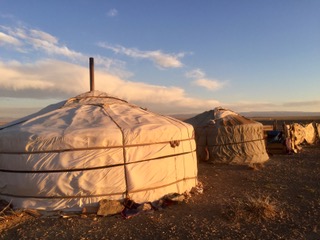
gers
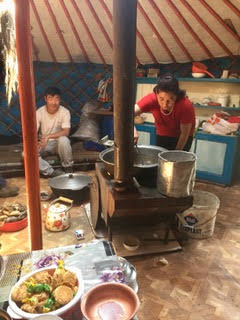
Inside Love’s host-dad’s ger in the countryside
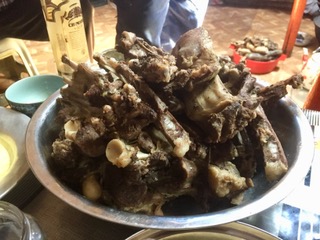
more meat!



 Posted by eelevol
Posted by eelevol 